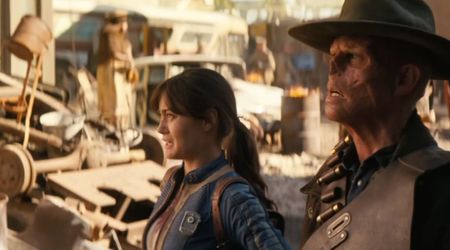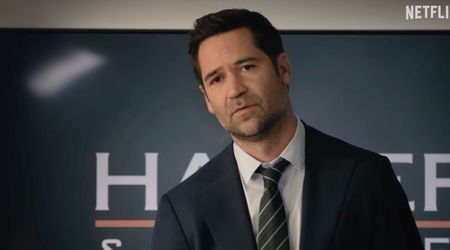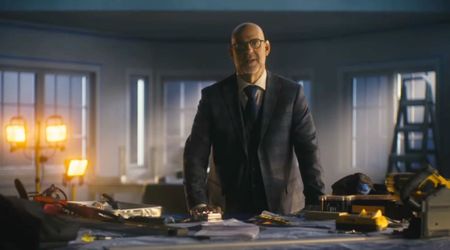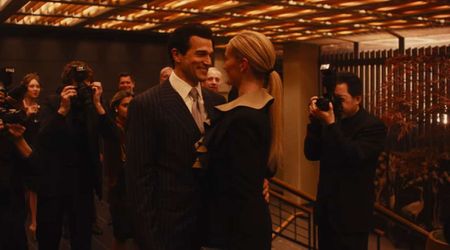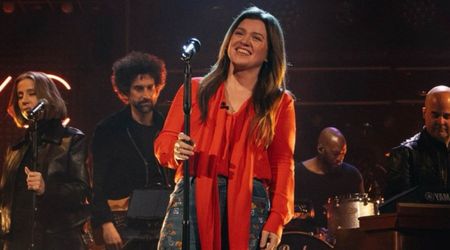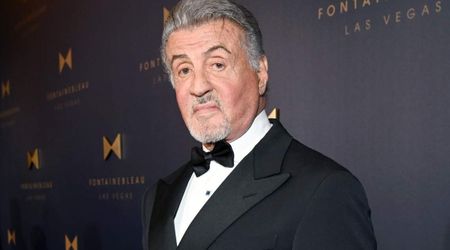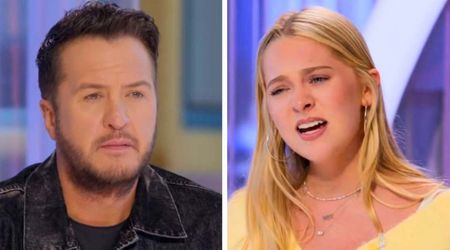Why role models like Regina King and Brandee Evans displaying their 'natural hair' at virtual Emmys matters

An unlikely combination of factors gave rise to a unique phenomenon at 'virtual' Emmys this year. Starting from Emmy winner Regina King, who won the coveted award for 'Outstanding Lead Actress in a Limited Series or Movie' to presenters such as comedian and actress Wanda Sykes and Brandee Evans, who plays Mercedes in 'P-Valley', the night was defined by Black women who weren't shying away from showing off their coily, kinky hair.
Instead of being tamed, straightened or 'aestheticized' with weaves, wigs or extensions, we saw them flaunt their natural hair with pride. In the Emmys red carpet or any red carpet for that matter before this, such a phenomenon was a rarity. Black hair was inevitably 'hidden' or manipulated to fit dominant beauty standards that saw African-American hair as unruly, unprofessional or 'too wild'.

It has taken a pandemic lockdown away from stylists and salons, a resurgence of pride in Black identity and anger around having to 'assimilate' White beauty norms for this to occur. But it is exhilarating that it has. The protagonist of 'Fleabag' once said "hair is everything" and this could not be more true for African-Americans who have finally found the right cultural and political moment to give their hair a break, instead of torturing their fragile curly tresses prone to damage and breakage.
Before the Emmys and after it, we have seen signs of this hair revolution in the Black community. Just before the Emmys, Vogue did a beauty tutorial with 'Vampire Diaries' actor Kat Graham who showed us her natural hair routine. Usually featuring White models and actors, it was a departure and the video is a testimonial to how Black women are taught to hate their hair and enter into a vicious cycle of damaging it to be accepted. Graham cries as she speaks about always having her hair treated or hidden to secure roles in Hollywood and how she hopes she will one day get a role where she can wear her hair as it is.
Since tamed hair, especially long tamed hair, is linked to femininity and attractiveness, many Black women opt for tight hairstyles, weaves and other extensions to fit these cultural notions. Many Black women don't feel comfortable coming to work with their hair in a natural curly state and opt for styles like a tightly-pulled, slicked-back look which is deemed more 'acceptable'. As a Black woman, a hairstyle is never just a hairstyle, because they have to be continually be aware of what message it sends.

A lesser-known problem associated with such hairstyles that stress the roots is "baby hair" caused by "traction alopecia". This led to Black women artistically styling their sparse hair near the hairline in attractive shapes — a process called laying their edges — something you might recall seeing on Betty Boop, the White cartoon character who usurped this style.
What adds insult to injury is that "protective" hairstyles or creative hairstyling methods like 'laying edges', aimed at disguising or reducing hairfall and increasing the length of tightly curled hair (notoriously difficult to grow because of its fragility and dryness), have repeatedly been appropriated by non-Black celebrities from Kim Kardashian to Miley Cyrus as exotic and "trendy". This is why when established Black artistes decide to grace the Emmys in their natural hair, it is a huge step forward.


